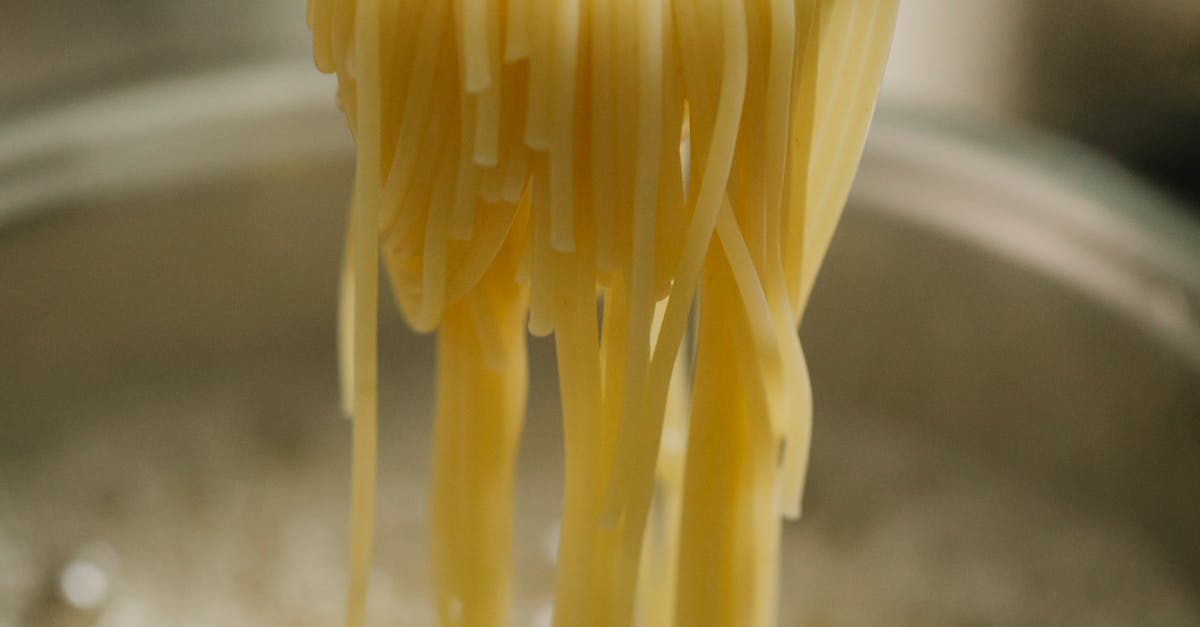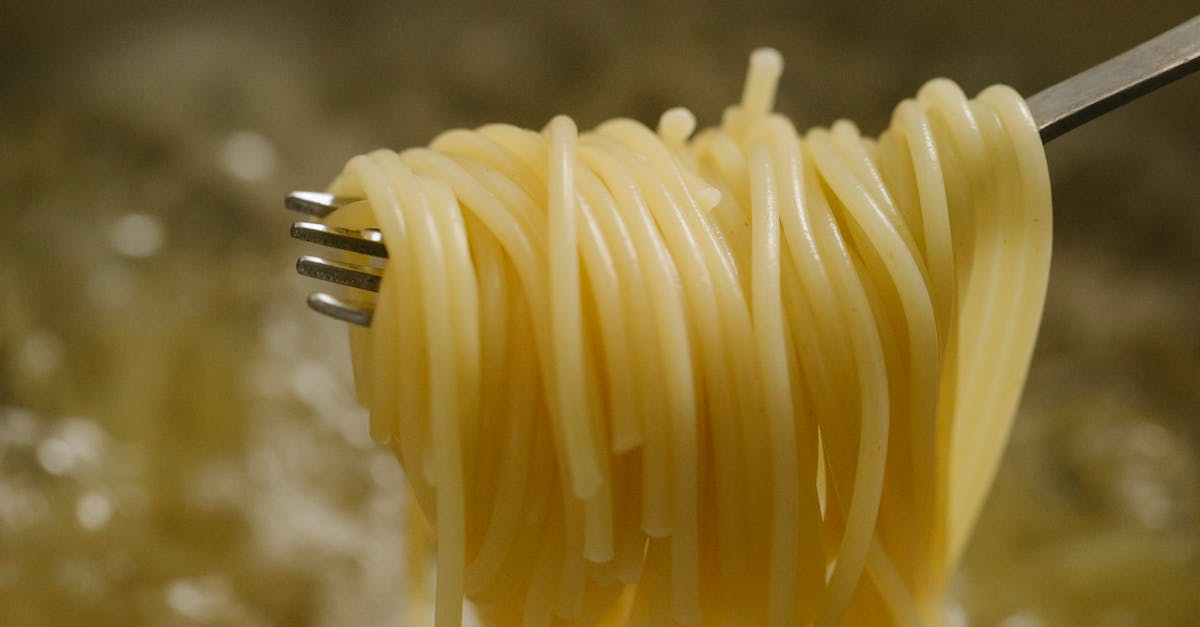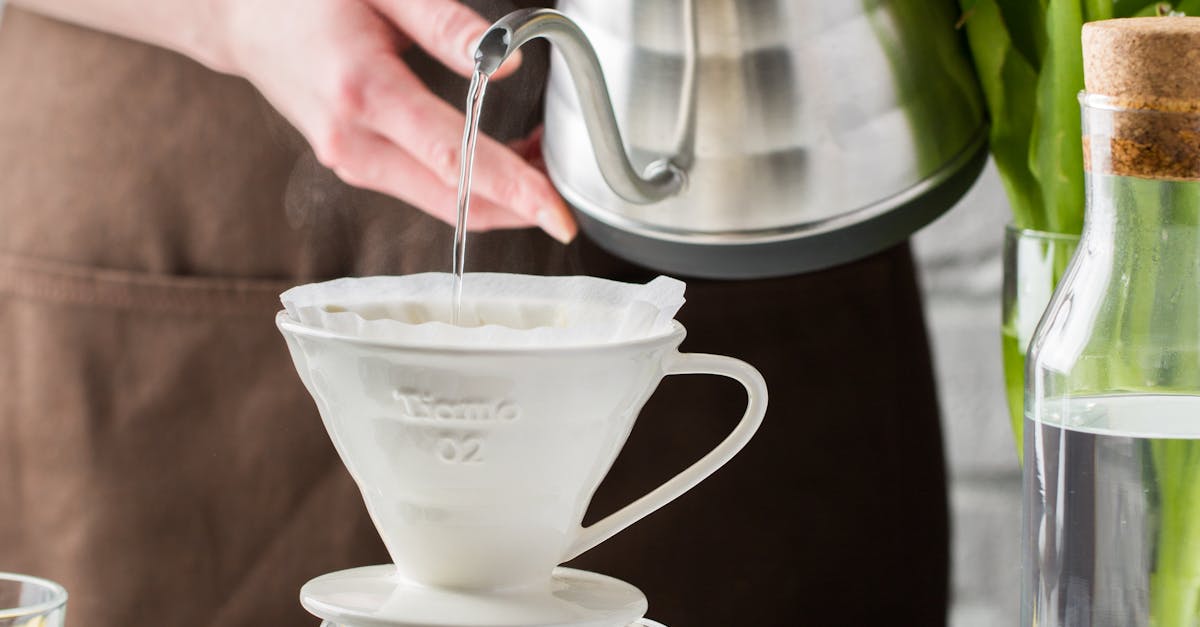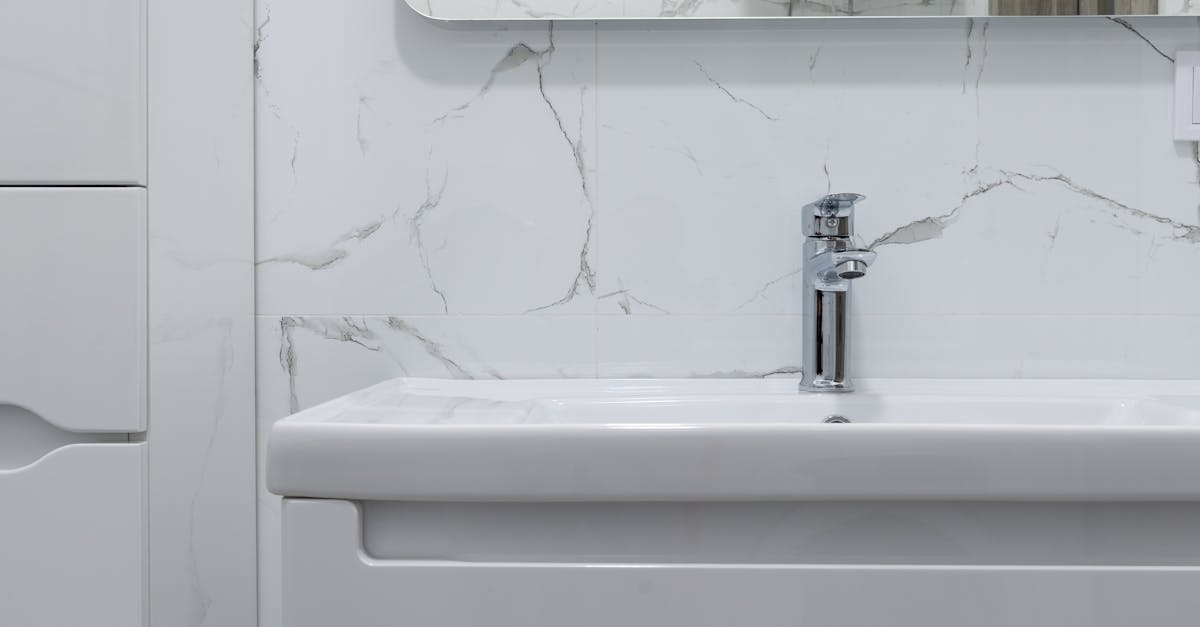
Table Of Contents
The Role of Salt in Grease Removal
Salt acts as a natural abrasive during drain cleaning, managing to dislodge stubborn grease and food particles that may accumulate in pipes. Its coarse texture can scrub away residues effectively while also dissolving fats, leading to a smoother flow through the drainage system. This action reduces the risk of blockages caused by buildup over time.
In addition to its mechanical function, salt interacts chemically with grease, creating a reaction that aids in breaking down oily substances. When combined with hot water, this combination can enhance the effectiveness of the cleaning process. Using salt regularly can maintain the cleanliness of plumbing systems, ensuring that greasier residues are less likely to accumulate and cause issues down the line.
How Salt Breaks Down Greasy Residues
Salt plays a crucial role in breaking down greasy residues that can accumulate in drains. When salt is introduced to grease, it attracts water away from the greasy particles, effectively dehydrating them. This process helps to loosen and dislodge built-up grease, making it easier for hot water to flush it away. The abrasive nature of salt crystals also aids in physically scraping off stubborn residues from the drain walls, further enhancing its effectiveness.
Utilising salt for drain cleaning not only addresses existing clogs but also serves as a preventative measure. Regular application of salt can minimise the chances of future build-up, creating a more efficient drainage system. With its natural properties, salt offers an eco-friendly alternative to harsh chemical cleaners, ensuring that your drains remain clear while preserving the environment.
Salt and Sink Hygiene
Maintaining the hygiene of kitchen sinks is crucial, and salt can play a significant role in this process. Its natural abrasive properties help scrub away grime and food particles that accumulate in the drain area. Regular use of salt can prevent the build-up of bacteria and unpleasant odours, ensuring a cleaner environment for food preparation. This simple method not only enhances the cleanliness of the sink but also contributes to overall kitchen hygiene.
Incorporating salt into your drain cleaning routine is an effective way to keep your plumbing in good condition. It works synergistically with hot water to dissolve sticky residues that often lead to blockages. Using salt regularly helps to maintain a clear and odour-free drain, providing a cost-effective solution compared to commercial cleaners. This natural approach prioritises hygiene while reducing the reliance on harsh chemicals that can harm both your health and the environment.
Enhancing Overall Kitchen Cleanliness
Using salt as a natural cleaning agent can significantly enhance overall kitchen cleanliness. Its abrasive properties make it effective for scrubbing away tough stains on various surfaces. By incorporating salt into your cleaning routine, you can maintain a fresher, more hygienic environment in your kitchen, especially in areas where food particles and grease tend to accumulate.
In addition to its surface cleaning abilities, salt also plays a role in drain cleaning by preventing the build-up of debris and odours. Regularly pouring salt down the drain can inhibit the growth of bacteria, which thrive in damp and dirty conditions. This simple method helps keep drains clear while contributing to a healthier kitchen atmosphere, making it a practical choice for both cleanliness and hygiene.
CostEffective Drain Care
Salt serves as a practical solution for those seeking cost-effective drain care. Many commercial drain cleaners can be expensive and may contain harsh chemicals that can harm plumbing systems over time. A simple combination of salt and hot water can break down common blockages while being gentle on pipes, making it a smart choice for regular drain cleaning. Not only does this method reduce the risk of pipe damage, it also provides an eco-friendly alternative that is easy to implement.
Additionally, using salt for drain cleaning can help minimise the buildup of grime and grease, which often leads to clogs. Regular maintenance with salt can reduce the need for expensive plumbing services and keep drains flowing freely. This budget-friendly approach encourages homeowners to proactively care for their plumbing systems without resorting to costly solutions, all while effectively tackling everyday kitchen messes.
BudgetFriendly Alternatives for Drain Maintenance
When it comes to drain cleaning, several budget-friendly alternatives can effectively tackle common issues. Baking soda and vinegar form a classic combination that not only helps break down minor clogs but also eliminates unpleasant odours. Pouring a cup of baking soda followed by a cup of vinegar down the drain creates a fizzing reaction that loosens debris. This method is simple and requires minimal financial investment, making it accessible for everyone.
Another alternative involves the use of hot water mixed with dish soap. This combination works wonders for grease build-up, as the heat helps to liquefy fats, while the dish soap aids in breaking them down further. Regularly flushing your drains with this mixture can maintain cleanliness without needing to rely on expensive commercial products. Drain cleaning doesn’t have to be costly; simple household items can do the job effectively.
FAQS
Why should I pour salt down the drain?
Pouring salt down the drain can help break down greasy residues, enhance sink hygiene, and promote overall kitchen cleanliness.
How does salt help remove grease from drains?
Salt acts as an abrasive agent, helping to break down and dislodge greasy residues that can accumulate in your pipes, making it easier for hot water to flush them away.
Is using salt safe for all types of drains?
Yes, salt is generally safe for most types of drains, including kitchen sinks and bathroom sinks. However, avoid using salt in combination with chemical drain cleaners, as this could cause harmful reactions.
Can using salt down the drain save me money?
Absolutely! Using salt is a cost-effective alternative for drain maintenance, helping to prevent costly plumbing issues related to grease buildup.
How often should I pour salt down my drain?
It is recommended to use salt down the drain once a month as part of regular maintenance to keep your drains clean and grease-free.





























